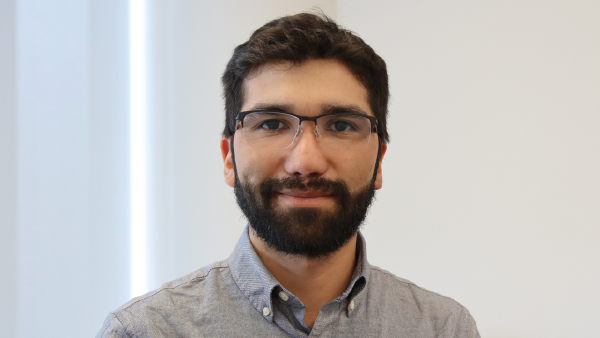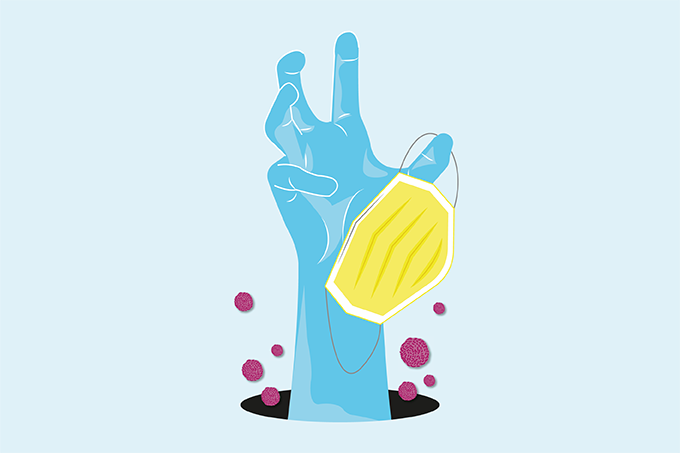Three Years On: Lockdown’s Lasting Impact
Reflecting on the weird reality we found ourselves in during COVID-19 – and its impact on mental health
Cast your minds back three years ago. Here in the UK, we were fast approaching what would be a four-month lockdown – one of three lockdowns over the next 12 months. My flatmate moved back in with parents, ditching our apartment in the deserted center of Manchester for a nice family home complete with two dogs and outdoor space – and who could blame her?
I was left to my own devices – unexpectedly living alone for the first time. I was fortunate to have kept my job, which filled my days (and allowed me to pay the rent on time), but I’d sometimes go days without talking to another living soul. And then I started burdening my mum with three-hour phone calls each night – just to hear the sound of someone’s voice that wasn’t my own, which must have meant I’d started talking to myself…
Last week, the BBC covered a recent study that suggested the pandemic’s impact on mental health was “minimal.” Although I’ve had a good chuckle reading the quote-tweet replies on Twitter about what weird stuff everyone got up to during those times, I also wonder: Who were these people whose mental health didn’t suffer?! Lockdown was hard for most people I have spoken with, especially those working on the frontlines, so a sweeping statement like the one from the study seems out of touch (to say the least).
Reading a little further, I found my answer. The BBC article states, “The review did not look at lower-income countries, or specifically focus on children, young people, and those with existing problems, the groups most likely affected, experts say, and risks hiding important effects among disadvantaged groups.”
The study also found that the mental health of female participants only worsened slightly, yet we know that women were more likely to bear the brunt of COVID-19 lockdowns – taking on extra household responsibilities and unpaid gendered work.
The pandemic was a challenging time, with many of us still feeling the effects on our mental health. As society continues to recover, it’s important to recognize that some consequences cannot be so easily fixed. But by keeping mental health front and center, we are better positioned to support the people and communities who need it most – and better prepared for the next pandemic.
As we look back on the past three years, I want to hear your lockdown stories – whether you were working on the frontlines, learning a new skill from the confines of your home, or finding yourself in some weird new reality. Get in touch: olivia.gaskill@texerepublishing.com





